German philosopher and psychoanalyst Erich Fromm was a key figure in the development of modern social sciences. Fromm was born into a Jewish family in Frankfurt, Germany on March 23, 1900. At 22, he graduated in philosophy. He then moved to psychoanalysis, the field founded by Sigmund Freud in the late 1800s. Psychoanalysis studied the unconscious mind, or the processes underlying conscious reasoning. According to Freud, mental illness was the result of trauma that the unconscious had yet to resolve.
Fromm became a practicing psychoanalyst at age 25. At 30, he wrote a tract on the social and psychological role of religion. It was published in Imago, a periodical run by Freud. At the same time, Fromm worked with the so-called Frankfurt School, a group of researchers who supported the thinking of Karl Marx. Marx criticized capitalism, noting that great wealth was concentrated in the hands of the few. According to Marx, the people should rise up, seize control, and eliminate economic inequality.
His theory was known as socialism. In 1933, Adolf Hiter’s Nazi Party took over Germany and began persecuting Jews, prompting Fromm to leave the country. He lived in the US for two decades, teaching psychology at the university level and refining his theories. Fromm applied psychology to entire populations, approaching society as a single organic entity afflicted, he said, by the malady of capitalism. By demanding that masses work for the good of the few, capitalism inflicted constant trauma on the collective unconscious.
Fromm’s thinking was essentially a synthesized version of Freud and Marx. But he also went a step further. Freud wrote that the origins of trauma existed in an individual’s past. Fromm objected, pointing out that trauma was connected to environment, and therefore inextricably linked to the kind of government under which individuals lived. Fromm criticized Marx by claiming that any literal application of socialism limited individual freedoms. He sought a softer, more humanist form of socialism. He developed his theories in a number of seminal books, including Being and Having, which examined the social cost of capitalism. Fromm died near Lucerne, Switzerland on March 18, 1980. He was 80. His works still exert a major influence on contemporary thinkers and one branch of psychoanalysis still relies on his views.
Fromm became a practicing psychoanalyst at age 25. At 30, he wrote a tract on the social and psychological role of religion. It was published in Imago, a periodical run by Freud. At the same time, Fromm worked with the so-called Frankfurt School, a group of researchers who supported the thinking of Karl Marx. Marx criticized capitalism, noting that great wealth was concentrated in the hands of the few. According to Marx, the people should rise up, seize control, and eliminate economic inequality.
His theory was known as socialism. In 1933, Adolf Hiter’s Nazi Party took over Germany and began persecuting Jews, prompting Fromm to leave the country. He lived in the US for two decades, teaching psychology at the university level and refining his theories. Fromm applied psychology to entire populations, approaching society as a single organic entity afflicted, he said, by the malady of capitalism. By demanding that masses work for the good of the few, capitalism inflicted constant trauma on the collective unconscious.
Fromm’s thinking was essentially a synthesized version of Freud and Marx. But he also went a step further. Freud wrote that the origins of trauma existed in an individual’s past. Fromm objected, pointing out that trauma was connected to environment, and therefore inextricably linked to the kind of government under which individuals lived. Fromm criticized Marx by claiming that any literal application of socialism limited individual freedoms. He sought a softer, more humanist form of socialism. He developed his theories in a number of seminal books, including Being and Having, which examined the social cost of capitalism. Fromm died near Lucerne, Switzerland on March 18, 1980. He was 80. His works still exert a major influence on contemporary thinkers and one branch of psychoanalysis still relies on his views.
RELATED
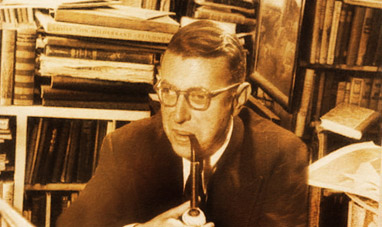

JEAN PAUL SARTRE


GUGLIELMO MARCONI
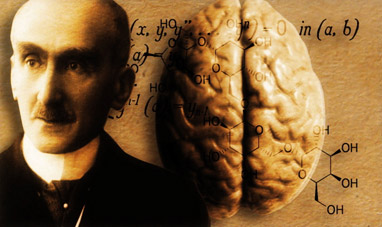

HENRI BERGSON


EDMUND GUSTAV ALBRECHT HUSSERL
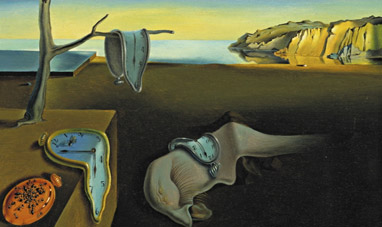

THE PERSISTENCE OF MEMORY
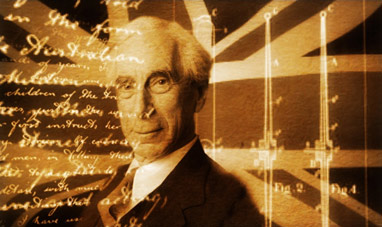

BERTRAND RUSSEL
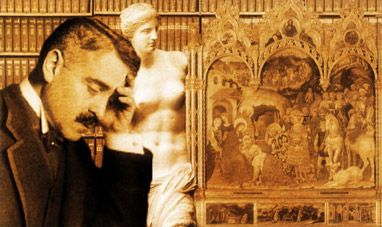

ABY WARBURG
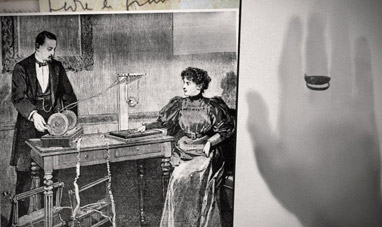

WILHELM RÖNTGEN
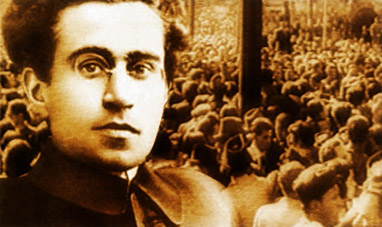

ANTONIO GRAMSCI
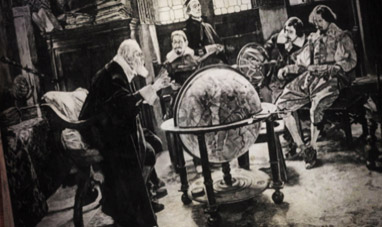

GALILEO GALILEI
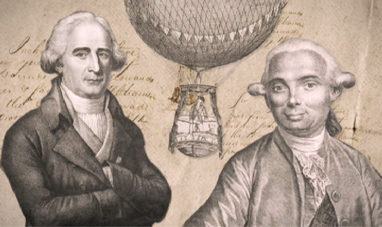

THE MONTGOLFIER BROTHERS


LEONARDO DA VINCI
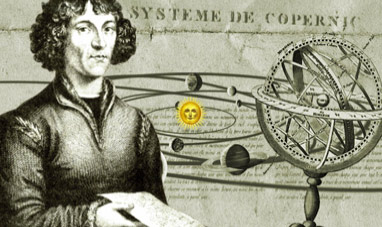

NICOLAUS COPERNICUS


THE ADVENT OF NAZISM


DREAM CAUSED BY THE FLIGHT OF A BEE AROUND A...


ALBERT SPEER


LUDWIG WITTGENSTEIN


THE LUMIÈRE BROTHERS


JOHANNES GUTENBERG


JOSEPH GOEBBELS
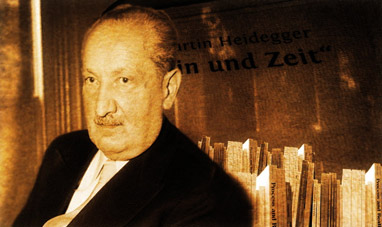

MARTIN HEIDEGGER


MOTHER TERESA OF CALCUTTA


ISAAC NEWTON


MAO ZEDONG
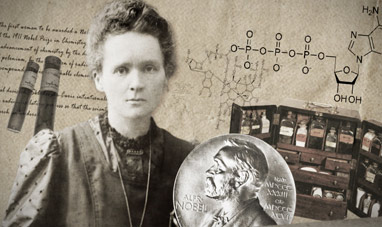

MARIE CURIE
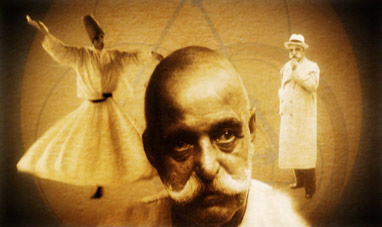

GEORGE IVANOVICH GURDJIEFF


CARL ROGERS


BENJAMIN FRANKLIN
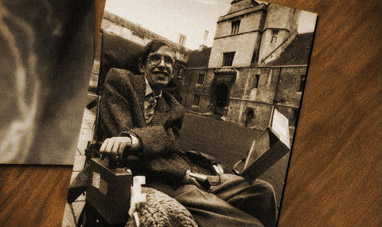

STEPHEN HAWKING
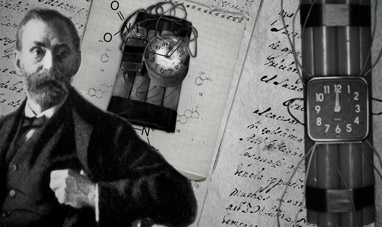

ALFRED NOBEL
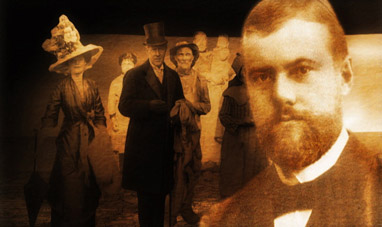

MAX WEBER
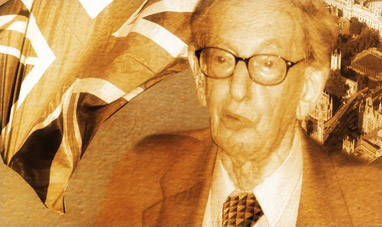

ERIC HOBSBAWM


THOMAS ALVA EDISON
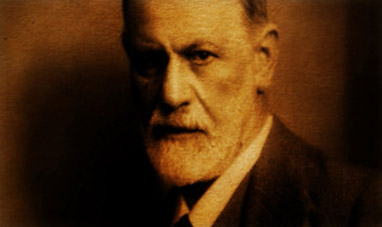

SIGMUND FREUD


DENG XIAOPING
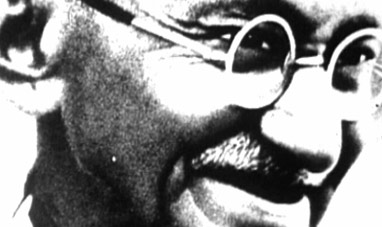

GANDHI
